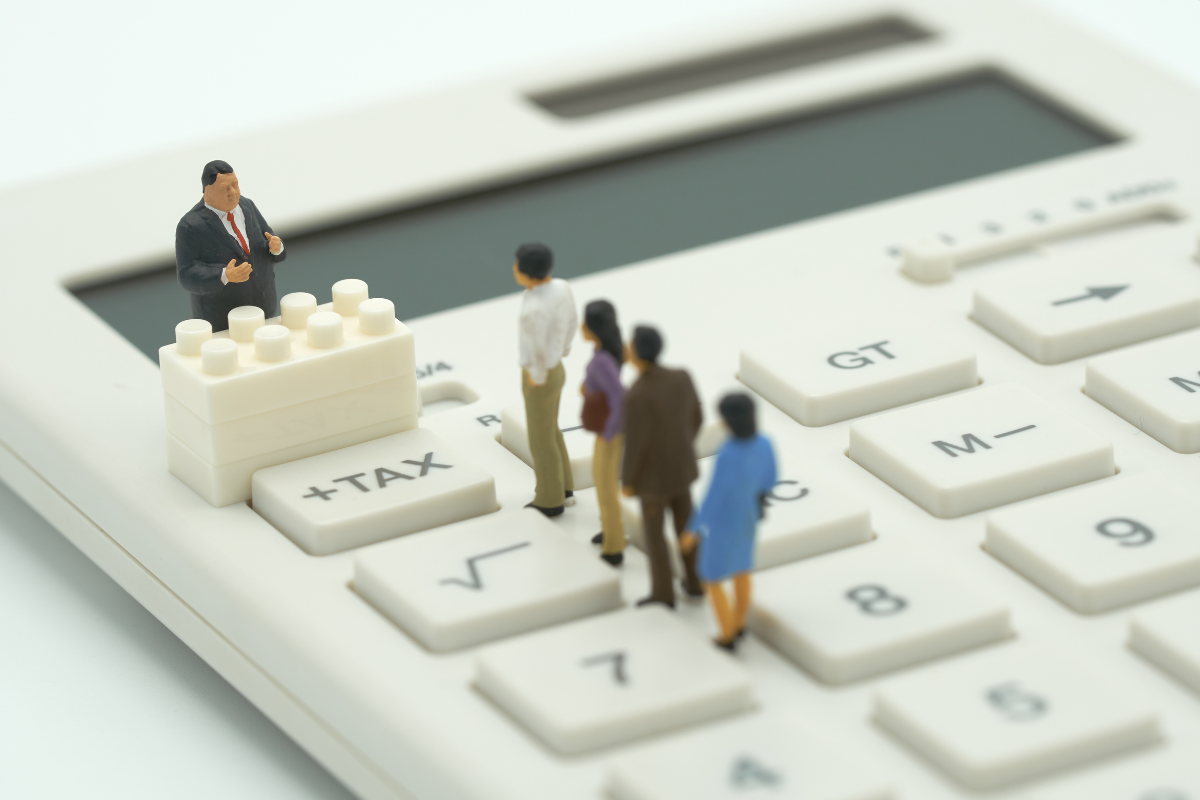Tax time has returned – so we’re here to help you plan and prepare for the end of financial year!
So you’ve told yourself that this is the year that you’re going to start early with getting your tax return preparations in order. Good for you! But now, it’s finally time to commit.
End of financial year can seem like a daunting time for most. But, thankfully with the help of H&R Block’s Director of Tax Communications, Mark Chapman, we’re here to plan and prep you ahead of June 30.
Keen to learn more? Read on through our seven helpful tips for Australians to prepare for tax time!
1. Gather your Records
Take some time out to gather together all the information you will need to help you prepare your tax returns. This includes finding all of the invoices and receipts for work-related expenses and any bank/credit card statements that contain items of work-related expenses that you no longer have (or never had) receipts or invoices for.
If you’re not sure if it’s claimable, still collect together the receipt or invoice and discuss it with your tax agent. Putting it simply, if you don’t have the paperwork, you can’t claim a deduction – so it makes sense to set aside this time in advance of the end of the financial year to spare yourself a stressful document hunt whilst you’re actually in the process of getting your return prepared!
In addition to this, if you’re claiming any expenses that have a work-related element and a private element (such as for the use of a personal mobile phone), set some time aside to work out what a reasonable apportionment is for the work-related bit.
2. Prepay some Expenses
You can claim a tax deduction this year for expenses which wholly or partly relate to next year. So, if you have some spare cash, consider paying things like union fees, professional subscriptions and annual insurance premiums in advance in order to accelerate the deduction.
3. Buy a New Handbag
If you use a bag for work, to carry papers or a laptop, you can claim a tax deduction for the cost. That could include a briefcase, a backpack or a handbag, whichever suits your needs.
4. Offset Capital Gains Against Capital Losses
If you’ve disposed of shares or any other form of investment and you know you’ve made a capital gain, take a look at your investment portfolio and consider disposing of any assets which you own which are sitting at a loss. The resulting capital losses can be offset against the capital gain.
Be careful if you sell shares sitting at a loss and then buy them back in the new tax year. The Australian Taxation Office takes a hard line against so-called “wash sales”. This refers to the sale of an asset before the financial year ends and the purchase of a substantially identical asset immediately after the financial year. The ATO regards the purchase and the sale as effectively the same asset and have issued a Tax Ruling which states that they can apply the anti-avoidance provisions to cancel any tax benefits and apply penalties.
5. Make a Tax Deductible Super Contribution
If you have some spare cash, look at making a personal contribution into your super fund. Provided the total amount of your contributions (including the contributions made on your behalf by your employer) does not exceed $27,500, this can be a great way to boost your retirement savings and claim a tax deduction for the personal contribution. The payment must be made by June 30th and you need to advise your super fund that you’ve made the payment by the time you lodge your return.
To help you with this, your super fund or accountant can give you guidance on how to complete the form and there’s a standard form on the ATO’s website here.
6. Plan for Next Year!
When you’re busy trying to get this year’s tax return right, it might seem a little premature to think about preparing for next year’s return. But, the secret to making tax time easy is to plan ahead. If you end the financial year with all your receipts, invoices and other records tidily arranged, you’ll immediately be ahead of the game. So, as we head towards the start of the new tax year, remember if you spend money on anything as part of your job, get and keep the receipt. Even if you’re not sure if it’s deductible, if you have the paperwork, you can get your accountant to advise you when the time comes to do your return.
7. Seek Expert Help
Finally, the most important thing to do when preparing for tax time is to seek expert help. Ideally, you’ll want to speak to a tax agent like H&R Block. They can identify exactly what you need to do to get into shape for the 2022 tax season and maximise your deductions.
Wanting to maximise your tax return this EOFY? Here are 5 Weird Things Australians Can Claim on Their Tax Return. Working from home still? Here’s How Aussies Can Claim Working From Home Expenses this Tax Time.


